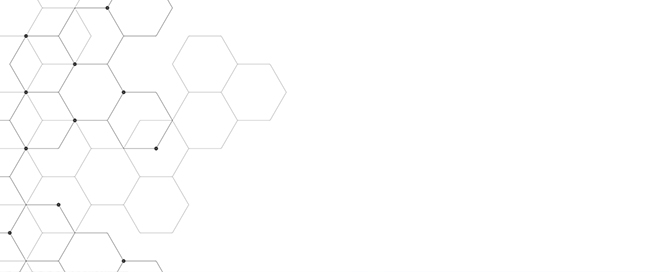Service providers who share online content play an ever more important role as regards the way in which works protected by copyright are created, produced, distributed and exploited. Through their platforms, such service providers facilitate the access to a large amount of contents which have been uploaded on the network by their users and are easily accessible to the public. However, this is not free of risk, given that the possibility exists that users may upload content protected by copyright without prior authorisation from the holder of the copyright, which, in some cases, may generate responsibility on the part of the service provider.
Taking into account the impossibility of requiring service providers to obtain prior authorisation from the copyright holders of works uploaded by their users, article 17, section 4 of Directive 2019/790[1] establishes the obligations with which service providers must comply in order to avoid being declared responsible for an unauthorised act of communication to the public.
The recent judgment of 26th April 2022 (case C-401/19) of the Court of Justice of the European Union has settled an appeal filed by the Republic of Poland in which a request was made to annul letters (b) and (c), in fine[2], of said article 17, section 4, for violating article 11 of the Charter of the Fundamental Rights of the European Union[3] (hereinafter referred to as the “Charter”), which embodies the right to freedom of expression and information.
The petitioning party considers that in order for service providers to be exempt from responsibility for facilitating the public with access to works protected by copyright, they find themselves obliged, by the article whose annulment is sought, to preventively monitor any content that their users wish to make available online, using for that purpose software tools that automatically filter such content previously. According to the Republic of Poland, this preventative control constitutes particularly serious interference in the exercise of the basic right to the freedom of expression in so far as it runs the risk of blocking permissible contents and that the communication of such contents to the public may be considerably delayed.
The plaintiff alleges that article 17, section 4 lacks the guarantees which ensure that the essential content of the right to freedom of expression is respected in that it does not prescribe any clear rules on the way in which service providers must comply with these obligations, which gives them “carte blanche” to implement prior control and filtering mechanisms which violate this fundamental right.
Faced with this argument, the CJEU recognises that such control and filtering entail a restriction on an important means of disseminating online content and constitute a limitation of the right to freedom of expression and information under article 11 of the Charter. However, as it is not an absolute right, it may be subject to limitation, provided that such limitation complies with the principle of proportionality.
To this end, it is necessary for Directive 2019/790 to incorporate rules which serve as a guarantee for individuals who feel that their rights are violated, especially when the interference is the result of automated processing.
According to the CJEU, the entrepreneurial freedom of service providers enshrined in article 16 of the Charter and the balance between this freedom and the right to freedom of expression and information justifies allowing service providers to determine the appropriate measures in order to fulfil their obligations, depending on their resources and capacity.
Nevertheless, article 17, section 7, indicates that the cooperation between service providers of online content and rights holders does not entail the blocking of the availability of works uploaded by users which do not infringe upon copyright. We are not faced with an obligation of means as per article 17 a), section 4 – “best efforts” –, but an obligation of result – not blocking lawful content.
Likewise, article 17, section 9, introduces diverse guarantees of a procedural nature for users who upload contents which may be blocked by error or unreasonably. These provisions empower users to file a complaint when they believe that a mistake has been made in blocking the access to content that does not infringe copyright, which must be analysed without undue delay and be subject to review by individuals.
Therefore, the CJEU concludes that, in view of the fact that the obligation imposed on service providers to monitor the content uploaded by their users has been accompanied by adequate guarantees to safeguard respect for the right to freedom of expression and information, the liability regime under analysis cannot be deemed as an infringement of article 11 of the Charter.
Joan Lluís Rubio
Vilá Abogados
For more information, please contact:
20th of May 2022
[1] DIRECTIVE (EU) 2019/790 of the European Parliament and of the Council of 17th April 2019 on copyright and related rights in the Digital Single Market.
[2] That is to say, the wording: ‘and made best efforts to prevent their future uploads in accordance with point (b)’
[3] Article 11 of the Charter of Fundamental Rights of the European Union: “Everyone has the right to freedom of expression. This right shall include freedom to hold opinions and to receive and impart information and ideas without interference by public authority and regardless of frontiers”.



